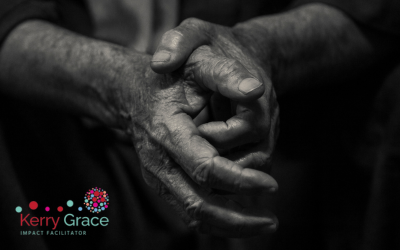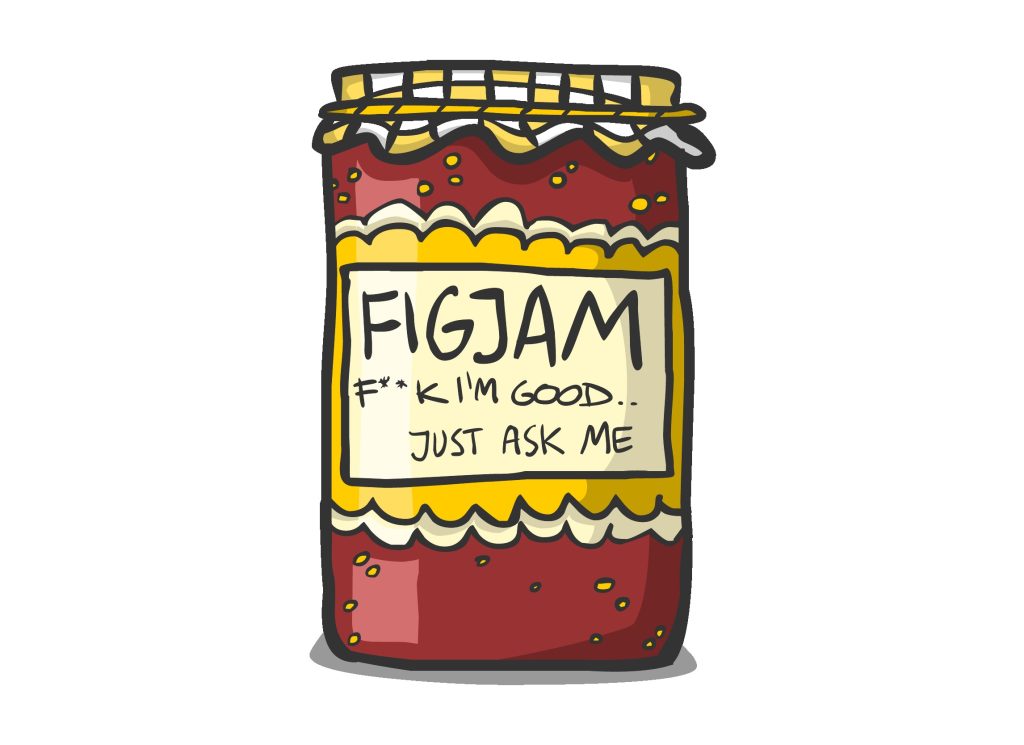Crisis in a community is a tricky beast. While we may be told each crisis can be managed with the same set of instructions, they can’t. Unless that template is written to accommodate all place-based variables.
What?
Let’s take one experience I had during the 2019 bushfires. I was volunteering in a community I know well. I could see other volunteers growing increasingly tired and it didn’t appear anything was going to change without some form of intervention. So, I did what any business-credentialed individual would: established a roster; barked some commands; encapsulated it all on a beautifully formatted piece of paper; and left the building. Because rosters and well-executed instructions work, right? That night, I printed the roster, shut down my computer and left with a righteous smile on my face.
I’d saved the day.
Imagine my surprise when I returned to the centre the following day to discover the same tired faces staring (or was it glaring?) at me with eyeballs now hanging down their cheeks. I was gobsmacked. How was it that the allocated rest had not happened and it actually appeared that everyone was as exhausted as when I’d smugly left the building the night before?
A recently befriended fellow volunteer pulled me aside and gently told me that I’d accidentally rostered on two women who had, let’s say, similar unresolved conflict with the same bloke.
The penny dropped. You can know a community, but do you really KNOW a community? And I realised, if I couldn’t get it right in a community my family has lived in for seven generations, how could a city-based, cookie-cutter approach ever work?
Wait. Before you allocate the ‘idealist’ label, let me assure you my time spent in community has more than adequately earned my ‘realist’ stripes. I understand budgets are not infinite. I get that some ideas are pie in the sky. And yes, I even understand litigation and the precarious state we find ourselves in these days.
But.
There are a few other things I also understand:
- We can rationalise, economise, justify any approach to crisis but without the support of community – the people who are ACTUALLY in it – we are pedalling backwards up the hill.
- No community is the same. By all means make the cookie cutter template, but have a readily available range of toppings to customise the end product.
- Be in it. Or at least be informed by it. If you’re making decisions for a community, at least show enough respect to be well informed – and not just by the people who are easily accessible. If you cannot be there, find not one but a range of people who can give you adequately balanced intel to inform your thinking.
- Communities have responsibilities too. Elect and allocate leaders and give them the space to lead. We spend so much time dragging down our tall poppies. We really need to build strengths in building strength, like, NOW!
- Questions. I’ve always believed that the quality of your questions determine the quality of your life.
- Learn. Yes. Sometimes we do not win the battle but we must learn through it. I work with people at all levels of decision making and the one thing they all have in common, no matter the motivation, is that they want people to have good lives. We must find ways to collectively learn and share our lessons for the greater good.
Communities actually know how to address their own issues. All that is required is the resources and endorsement of the powers above to stop TALKING about ‘place-based’ solutions and enable them to happen.
After all, we must remember in community crisis, local knowledge may be the thread between life and death.



